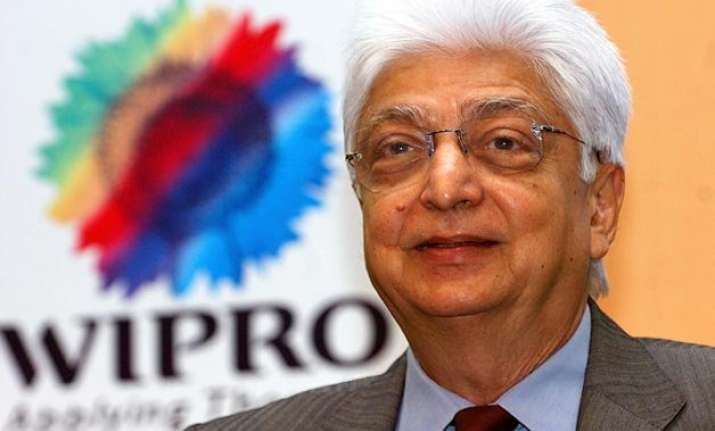As the country celebrates Independence Day, it’s a great time to consider nation’s remarkable journey in the realm of startups. India is now a thriving global startup hub, having transitioned from a largely agrarian economy (agriculture-based).
But have you ever come across the thought of what was India’s first startup? How did the company fare after independence? Here we will delve into the story of India’s first startup, post-independence.
The nation gradually treaded a path of innovation and change, following independence in 1947, with Wipro standing out as an emerging leader. This visionary startup not only personified the spirit of progress but also became a symbol of India’s entrepreneurial success.
Foundation

Wipro was founded by M.H. Hasham Premji, an Indian entrepreneur on December 29, 1945. At first, it was based in Amalner, Maharashtra, operating as Western India Vegetable Products Limited. The visionary leader Hasham Premji saw opportunities for growth outside the vegetable oil industry. Sadly, he passed away in 1966, leaving his 21-year-old son Azim Premji in charge of the business.
From Oil Industry to IT
Wipro transformed from a consumer product manufacturer to a major player in the IT sector , under Azim Premji’s direction. Premji received considerable recognition due to his forward-thinking strategy, innovative spirit, in shaping Wipro’s growth.
Initially, the company used to focus on consumer products like refined oils, laundry soap, etc. However, with a strong planning and recognizing the IT industry’s potential rise, it ventured into computer hardware and software development.
Global Expansion

In the early 1990s, the company set out to expand globally. Wipro established its presence in Europe, Asia and North America.
In 2002, it purchased the US-based IT consulting company Spectramind, which significantly enhanced its global presence. Later, it diversified as InfoCrossing and the UK-based Capco, expanding its offering.
Wipro currently operates in over 50 counties and offers a wide range of IT services and solutions to customers all over the world.
Current ownership

As of 2024, Premi family members, institutional investors and public shareholders, hold the majority of stake. Rishad Premji, the son of Azim Premji serves as the company’s current chairman. Thierry Delaporte is the CEO and Managing Director of Wipro.
Today, Wipro is a trusted provider of technological services making India proud of its first startup post-Independence to establish itself as one of the most reputed companies.
Naina Jaggi is an author deeply rooted in Journalism, mainly writing on lifestyle, entertainment, travel, politics and financial markets. This diverse experience has allowed her to blend rich details with engaging narratives that capture the essence of various worlds. When she is not crafting tales, you’ll find her immersed in music and enjoying the company of dogs. She is also into K-dramas, thriller and horror movies that fuel her imagination, bringing the same spark to her stories.

Comments